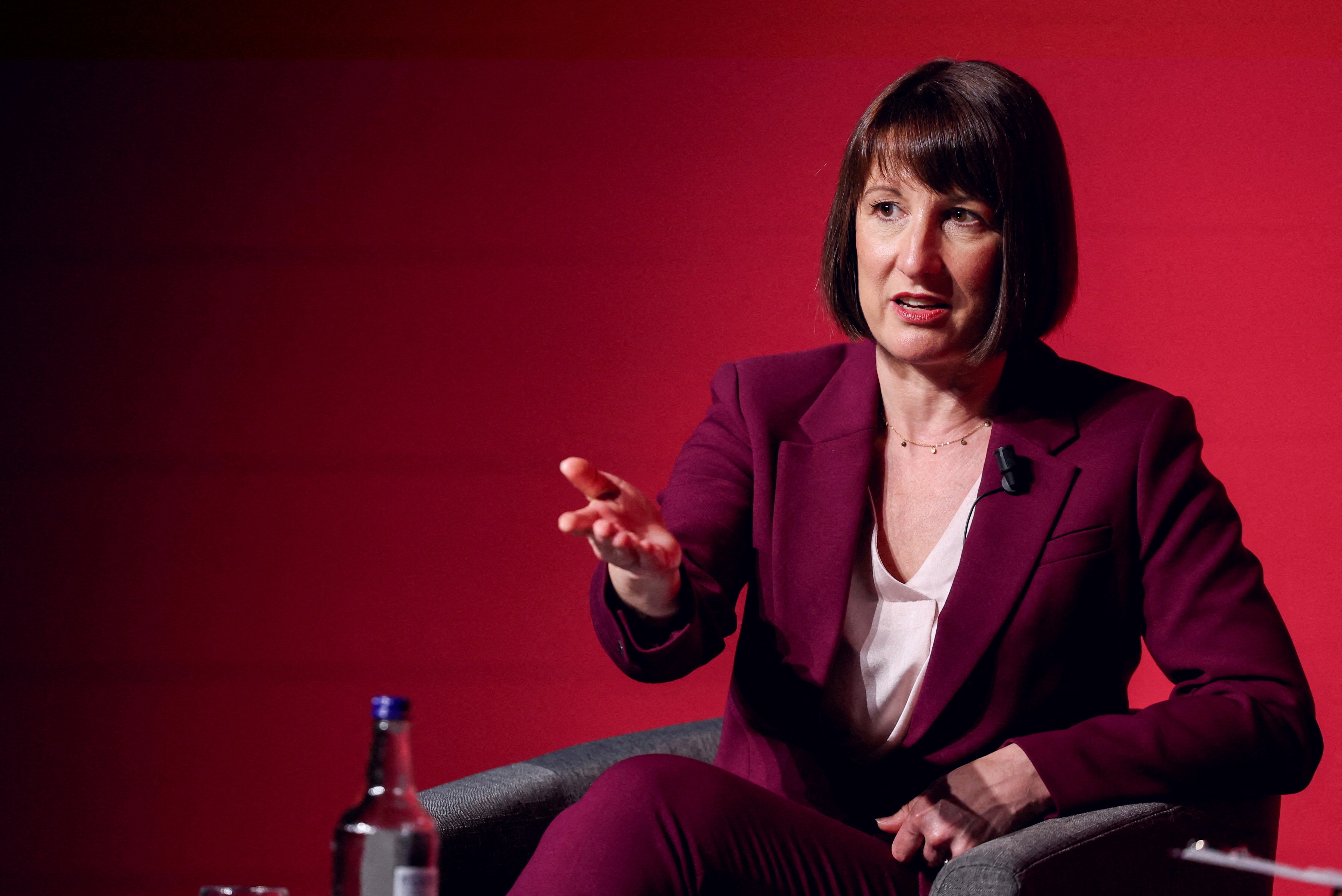Inheritance tax is a misnomer – we should rename it the ‘good luck’ tax
Letters to the editor: our readers share their views. Please send your letters to letters@independent.co.uk

In response to the “hated death tax” (James Moore: “The real problem facing Rachel Reeves over inheritance tax...” Thursday 17 October), all I can say is: here we go again! How is the present chancellor supposed to eradicate poverty and correct the shocking state of our public services when there is such criticism of any suggestions or rumours of more taxes?
So many people in the UK are still under the illusion, it seems, that they can have all this without paying. Inheritance tax is mostly not paid on their “very hard work” or that of the previous generation but on their “good luck” … such as property values increasing so much.
Maybe we baby boomers should have downsized long ago and helped our children even more when they most needed it! Maybe the same could be said about much of Capital Gains Tax, too.
Elisabeth Williams
Chipping Norton
Attacking priceless art isn’t the right kind of protest
Art is part of our world and has been since time immemorial, with the 20,000-year-old Lascaux cave paintings and indigenous art in Australia. It is something that is part of our souls. It is not something to be destroyed in protest.
The works of art, great and small, must be protected – but allowing only baby formula, expressed milk and prescription medicine, as the National Gallery in London has now done (“National Gallery bans liquids after ‘physical damage’ to paintings by protesters”, Friday 19 October), still seems an odd shield against protesters.
A better approach would be to work on the causes of the dissatisfaction – but how can this be done while our galleries are under attack? Maybe this is just a metaphor for so many problems in our world at the moment. Listening and talking are easy, but destruction is more common. We need to change our approach.
Dennis Fitzgerald
Melbourne, Australia
Yahya Sinwar’s death will not be the end of the war
Yahya Sinwar’s death is a coup for both President Biden and the IDF. It is justice long denied. However, it is not key to ending radical Islam’s war against the West (Mark Almond: “Sinwar’s death shows the horror of 7 October was a terrible tactical mistake by Hamas”, Friday 18 October).
The Biden/Harris team demanded Israel not enter Rafah, withholding armaments Congress had approved as punishment. Once again, Israel showed it believes its military acumen superior to America’s politicking.
Sinwar’s demise is a crack in Iran’s armour. It gives the hostage families a glimmer of hope. It opens the slim possibility that the terrorists are reassessing their options.
But will Hezbollah now respect UNSC 1701 and move north of the Litani River? Will the Houthi rebels allow shipping to pass unhindered? Will Iran stop sending weapons through Iraq and Syria? Will Iran drop its pledge to nuke Israel? Not likely.
This is an inflection moment, but it all depends on America’s posture – which is made more complex by the upcoming elections.
I humbly suggest the Biden/Harris team wait until we know who will move into the White House. If it’s Kamala Harris, it will be business as usual. If it’s Donald Trump, leave the issue to him.
Antony Blinken has been dispatched to the region. He carries the Biden/Harris formula for “peace in our time”: a ceasefire, freeing the hostages, releasing thousands of criminals from Israeli jails, Hamas and Hezbollah to remain viable and the creation of a Palestinian state carved out of the Jewish homeland.
This will not fly in Israel and won’t help Harris’s campaign.
Len Bennett
Ottawa, Canada
America’s track record isn’t one to boast about
Condoleezza Rice – the American diplomat, political scientist, academic and former secretary of state under President George W Bush – has recently stated: “We need to recognise that the USA does not have any choice but to be involved in shaping the world.”
Principally, this appears to be sound policy. Though on reflection, it is worth reminding the world of America’s previous and continued efforts in shaping our world: Vietnam, Cambodia, the Iraq/Iran war, Serbia, Somalia, Afghanistan, Syria, Libya, Yemen, Lebanon, Israel and Ukraine. Not to mention Guantanamo Bay, where some prisoners face imprisonment without evidence (“I was held in Guantanamo for years after being picked up by bounty hunters. They had the wrong man,” Tuesday 11 January 2022).
There may have been more – and may yet be more – efforts in shaping this world of ours. We might ask, though, to whose benefit? Would it be unreasonable to suggest that American foreign policy has largely been a dismal failure and has caused the deaths of millions – not counting the maimed, the injured and the homeless?
America’s foreign policy appears to be based on one simple principle – and that is to escalate, using its economic and military superiority. To democratise the world – to replace unwanted regimes – needs to come from within. It can never be enforced by external force. Yet that appears to be the only power America recognises.
Gunter Straub
London






Join our commenting forum
Join thought-provoking conversations, follow other Independent readers and see their replies
Comments